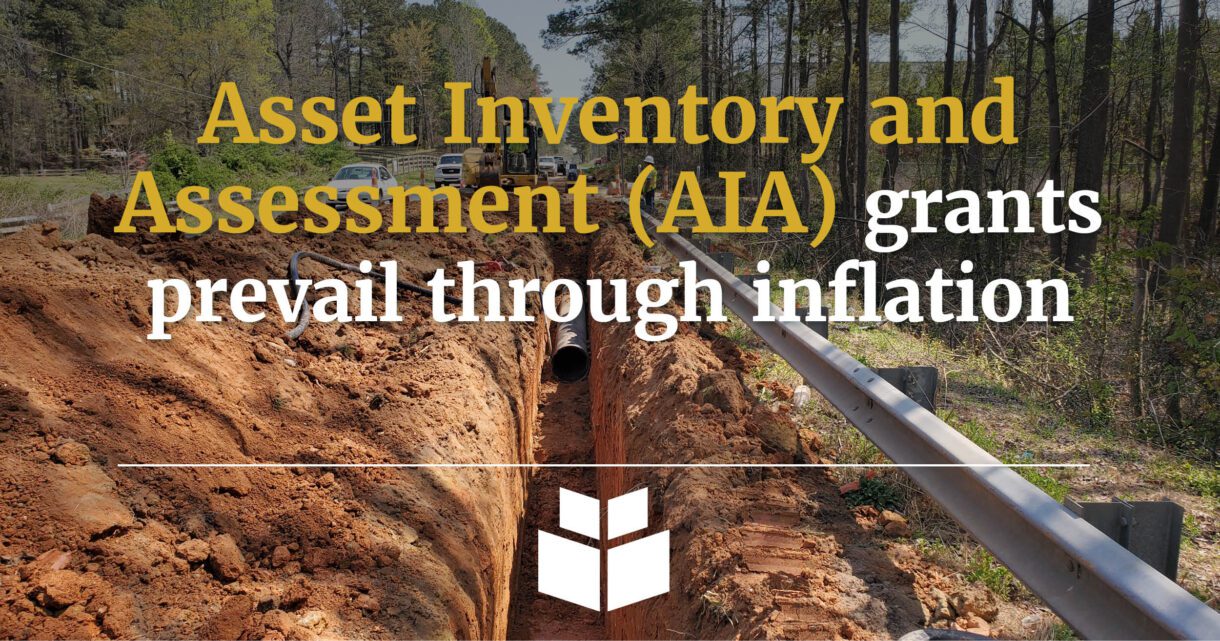
Over the past two-and-a-half years, inflation has cast ripples through our economy. Local governments are not exempt from the rising cost of goods and services that have affected everyday consumers. Challenges related to the labor market and the prioritization of infrastructure projects have prominently emerged, testing the capacities of local governments to ensure citizen satisfaction amidst challenging financial circumstances. Nevertheless, as inflation has receded from 9% to 3% since the start of the year, this cooling trend presents fresh opportunities for resuming projects previously put on hold.
Rising costs of labor and the challenges of project completion
Since 2020, labor and staffing shortages have been present in nearly every industry, and local government is no exception. In the private sector, jobs have become abundant and financially enticing, while segments of public works have been left barren by comparison. Not only are local governments fighting to fill staff vacancies, but they are also seeing an increase in costs to execute projects due to rising labor rates. Some leaders have reported that they have seen projects cost three times more than what they planned for in their capital improvement plans. Together, these elements have created an imperfect storm for local governments.
However, it is not all gloom and doom for these municipalities. In North Carolina, Asset Inventory and Assessment (AIA) grants have been particularly successful in prioritizing water and wastewater utility projects. The state provides this grant funding to water and wastewater utilities to encourage the proactive management of their systems. North Carolina local government units and nonprofit water corporations are eligible applicants and can receive up to $150,000 from the state’s Wastewater Reserve or the Drinking Water Reserve over a period of three years. Through this grant funding, communities can tackle utility projects that do not break the budget.
It is paramount to keep water and wastewater utility projects on schedule to ensure that future risks, such as stormwater flooding or sanitary wastewater overflows, are mitigated. While AIA grants serve local governments, accessing funding can sometimes be tricky and leave the applicants underfunded.
A helping hand
WithersRavenel’s Funding & Finance team serves as an extension of the local government’s staff. Our team has assisted dozens of North Carolina municipalities with AIA applications, grant-funded condition assessments, and engineering services. We have helped with successful AIA funding on 60 projects across North Carolina, with a total funding of more than $14 million.
If your community is eager to jump into an AIA-grant-funded project, it is better to act sooner rather than later. Please reach out to our Director of Funding Services Amanda Whitaker at (919) 238-0448 or at awhitaker@withersravenel.com to get in touch about funding opportunities for your next project.
